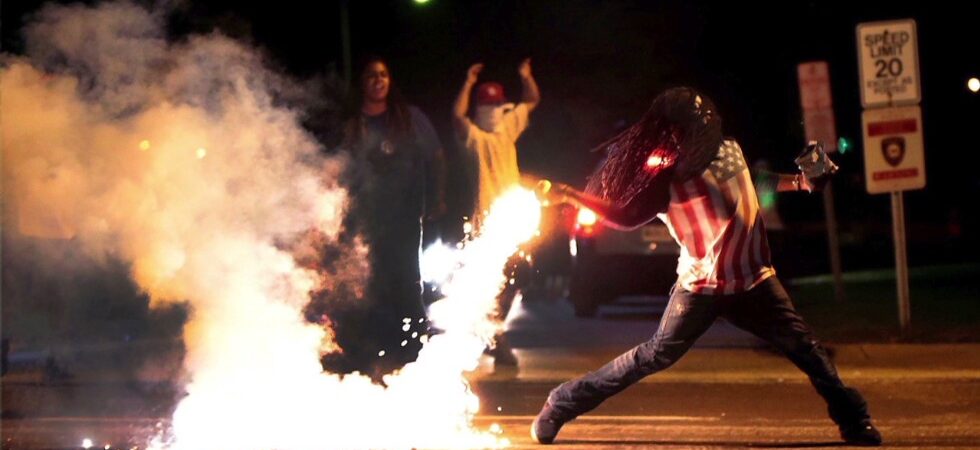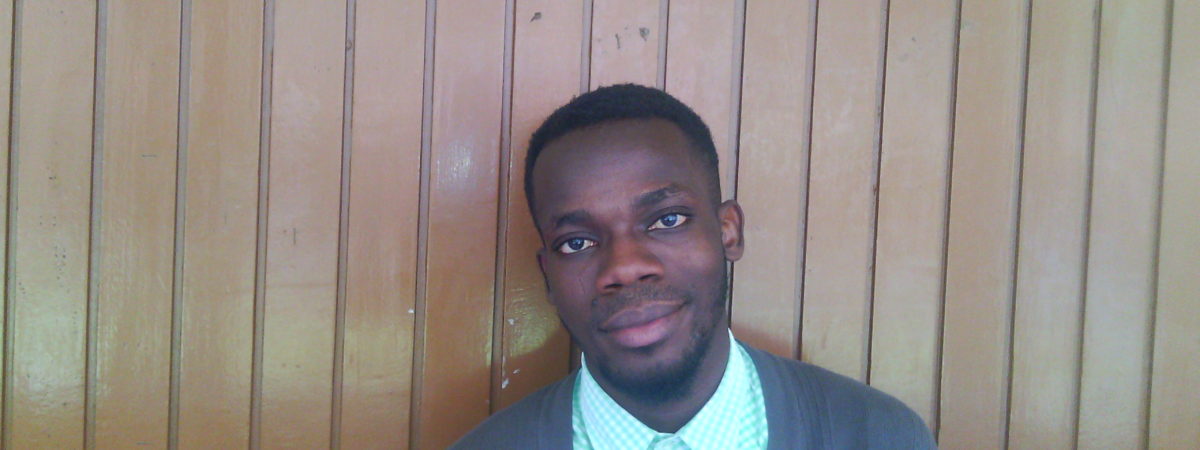Notes On Loving A Black Man
Notes On Loving A Black Man Taylor Steele 1. When he leaves the house, know he may not come back. If he comes back, know he may not be whole. Knowing this will not make you any readier for either. 2. When a bullet is the only thing that grounds him Enough to weather the hands of porcelain, Glass shards full with promise, lily torn from womb, Remember, a bullet has never made a happy hymn Of Black skin. And “grounded” here means dead, The way Black skin means dead, And dead means nothing to porcelain, glass, lily But the inconvenience of a fallen tree limb on the way to the grocery store. 3. It’s World War IV. The President is still our President. He livestreams himself singing nursery rhymes About democracy, so we hum it At work not noticing, so we Tuck our children in night, That they grow up unafraid to bear buds of dusk, Knowing someone will burn the tree they fell from, They are the tree. That song just be so stuck in their heads— 4. Oh, how well-oiled the rig is! Hear that whistle a-blowin’? Better get off the train tracks! It’s not that... Read More



